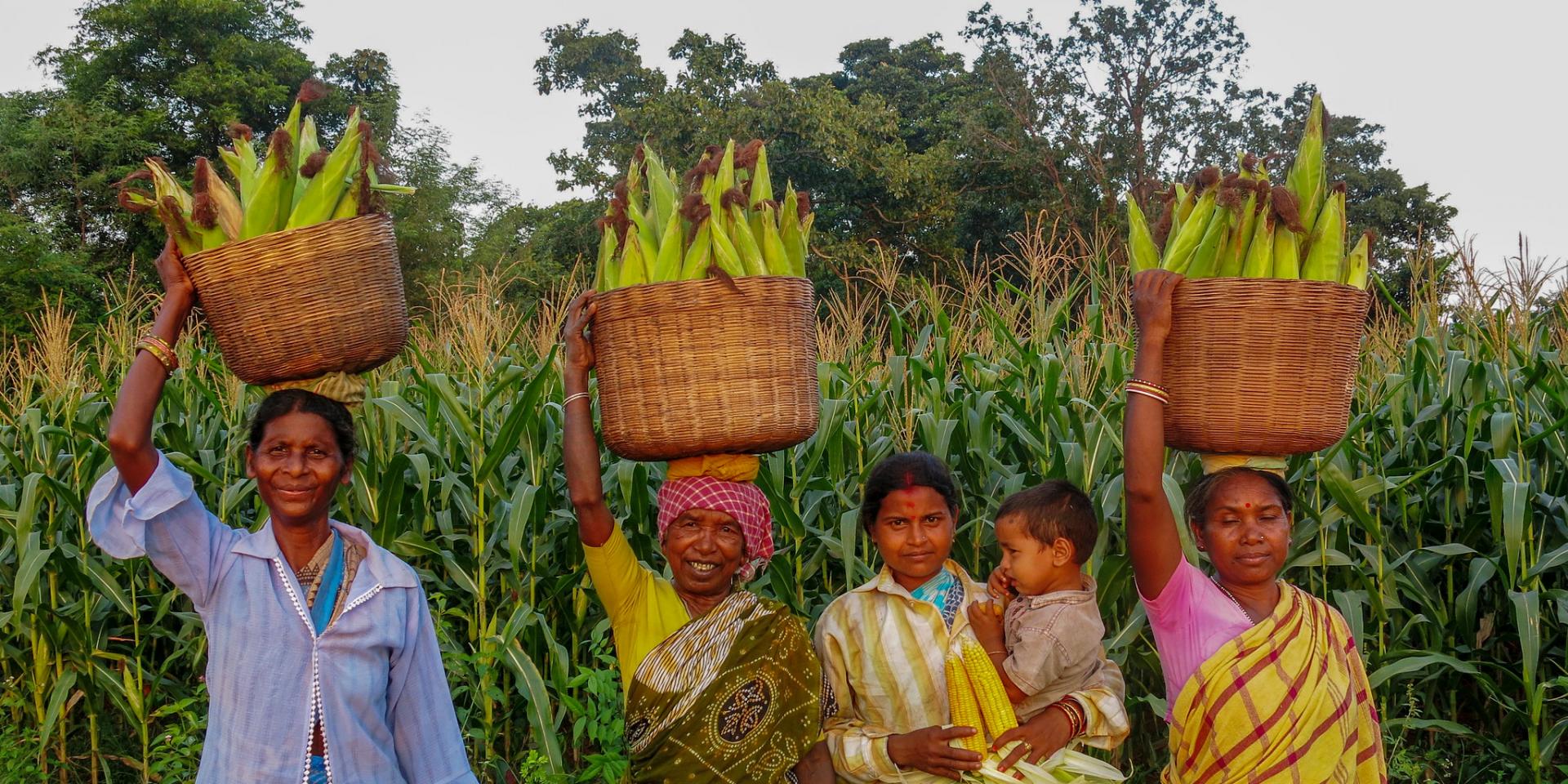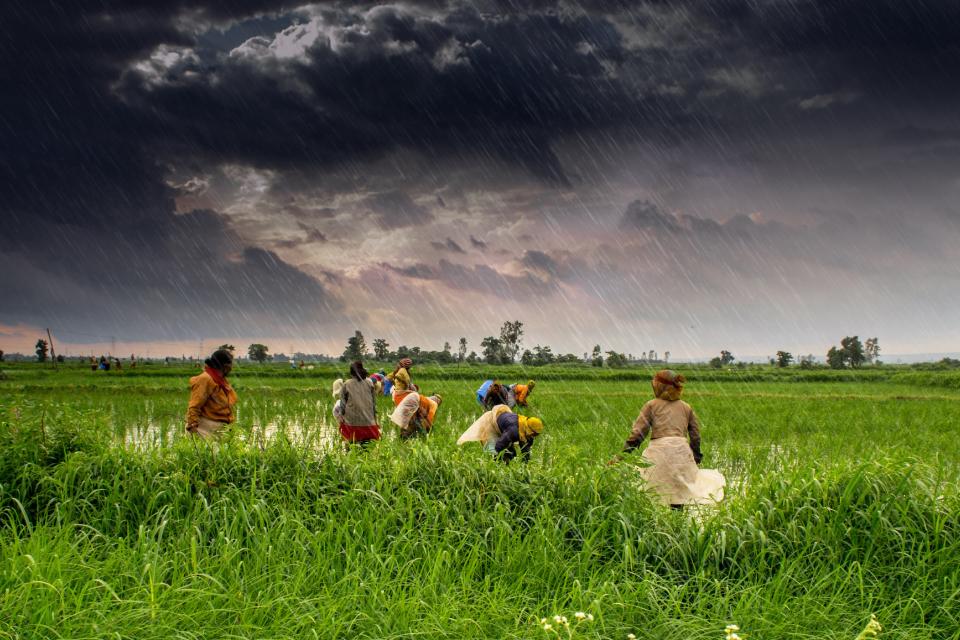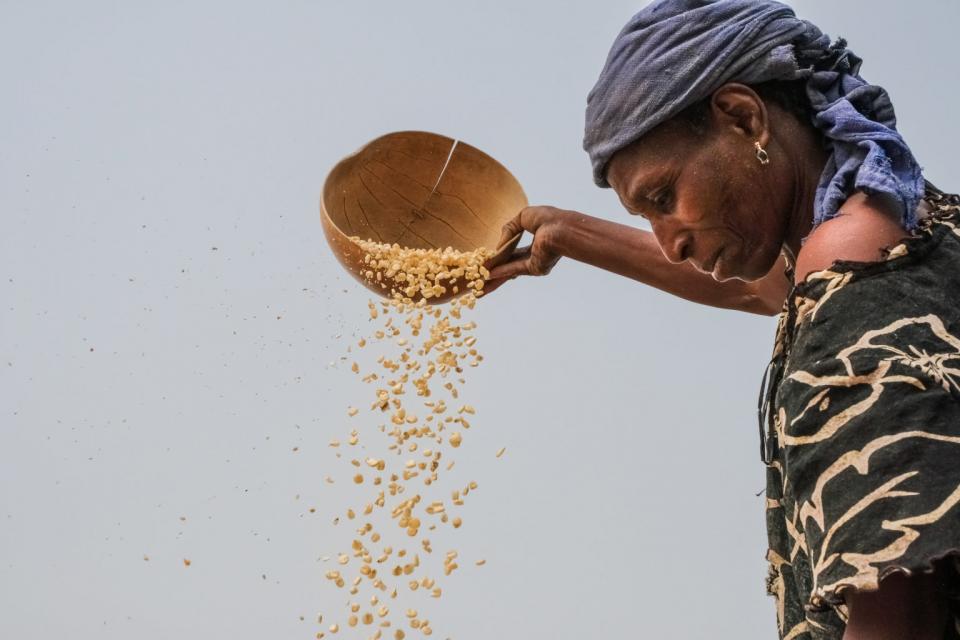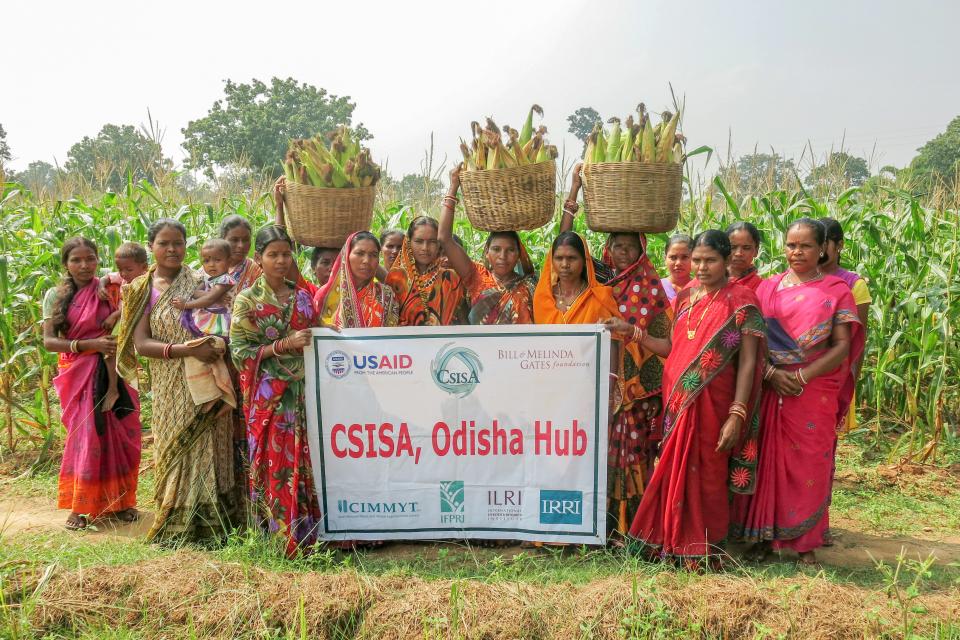The transformative value of maize
 Photo: CIMMYT
Photo: CIMMYT
In India’s state of Odisha, maize farming is lifting up the socioeconomic status of women.
The state of Odisha, in the east of India, ranks sixth in rice production in the country. Agriculture in Odisha’s tribal-dominated plateau region, however, is characterized by depleted soils along with low and variable rice yields. During the monsoon season, more than 60,000 hectares of land are left fallow, due to lack of knowledge and to farmers’ low risk tolerance.
In districts like Mayurbhanj, over 50% of the population belongs to tribal groups. Women there are mostly engaged in traditional roles: being at home looking after family, farm and livestock while their men are away as migrant laborers or with menial jobs. Women working on farming used to be considered daily wage laborers, as if they were only supporting their husband or family who were officially the farmers.
The last few years, with the introduction of maize cultivation and its promotion predominantly for women farmers, a significant change in the perception of women’s role is unfolding in the region.
In 2013, the International Maize and Wheat Improvement Center (CIMMYT) began working in the plateau region through the Cereal Systems Initiative for South Asia (CSISA), improving farming systems for higher yields and providing sustainable livelihood options for tribal farmers. Since then, farmers in the region have achieved considerable production of maize in the monsoon season — and women have particularly led this transformation.
Farmers from this region — 28% of which were women — converted 5,400 hectares of fallow lands into successful maize cultivation areas. Not only has this new opportunity helped improve family income, but also women’s identity as resilient and enterprising farmers.
This impact was possible through the applied research efforts of the CSISA project along with partners like Odisha’s State Department of Agriculture, the Odisha Rural Development and Marketing Society (ORMAS), the Integrated Tribal Development Agency (ITDA) and two federations of women’s self-help groups supported by PRADAN.
On International Women’s Day, we share the story of these successful farmers who have made maize cultivation a part of their livelihoods and a tool for socioeconomic development.


